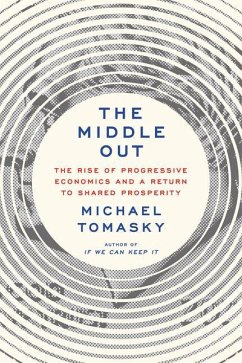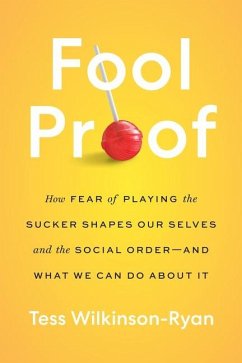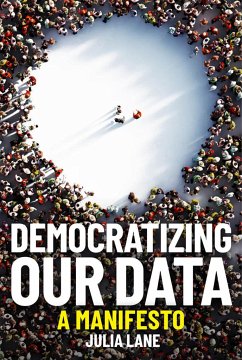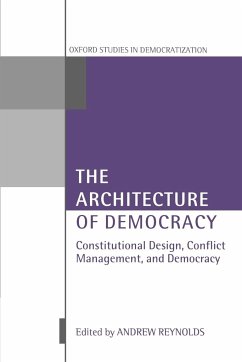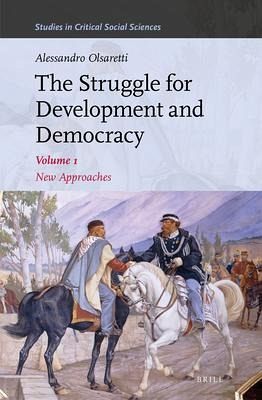
The Struggle for Development and Democracy
Volume 1 - New Approaches
Versandkostenfrei!
Versandfertig in über 4 Wochen
161,99 €
inkl. MwSt.
Weitere Ausgaben:

PAYBACK Punkte
81 °P sammeln!
In The Struggle for Development and Democracy Alessandro Olsaretti proposes a humanist social science as a first step to overcome the flaws of neoliberalism, and to recover a balanced approach that is needed in the wake of the 9/11 attacks.






